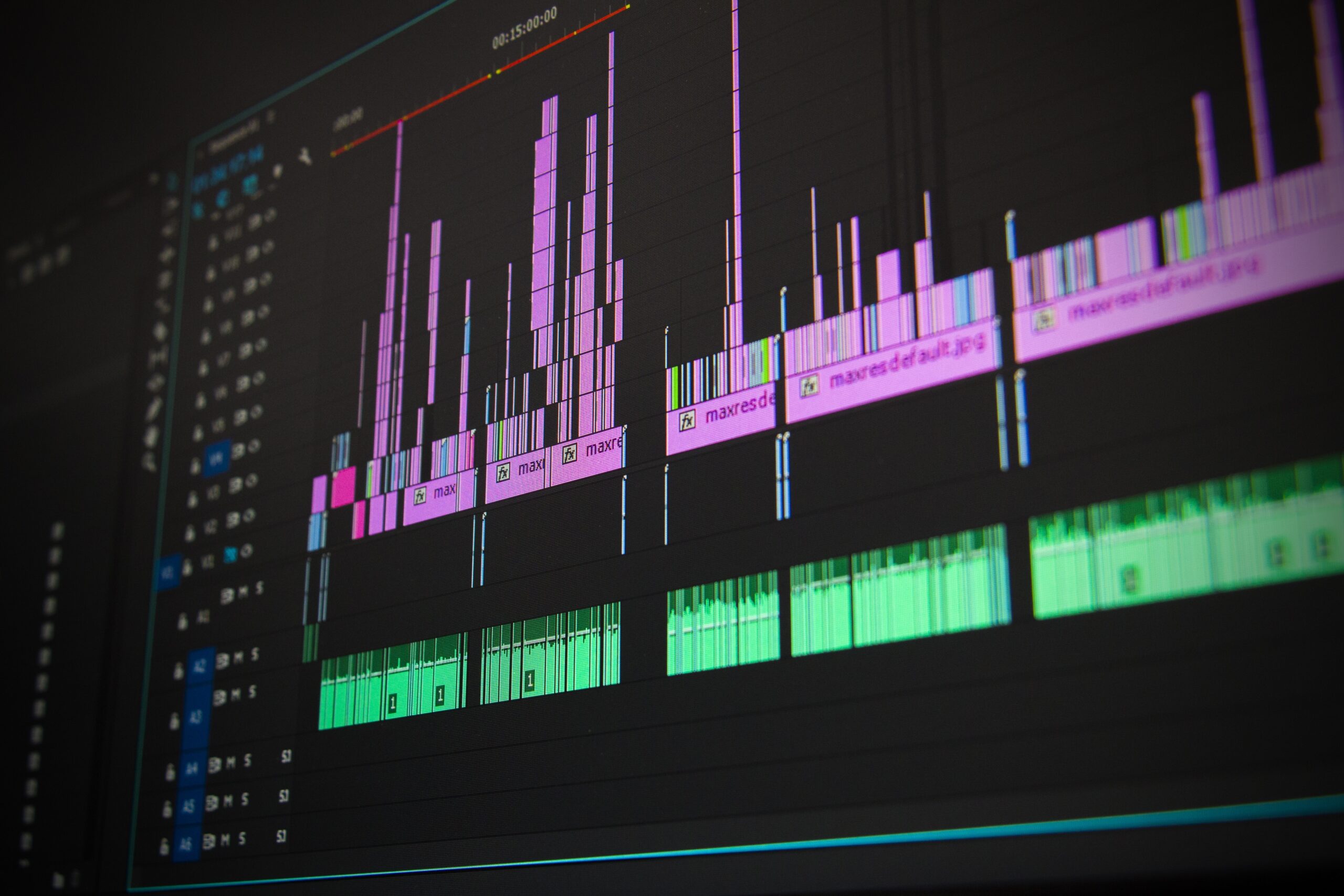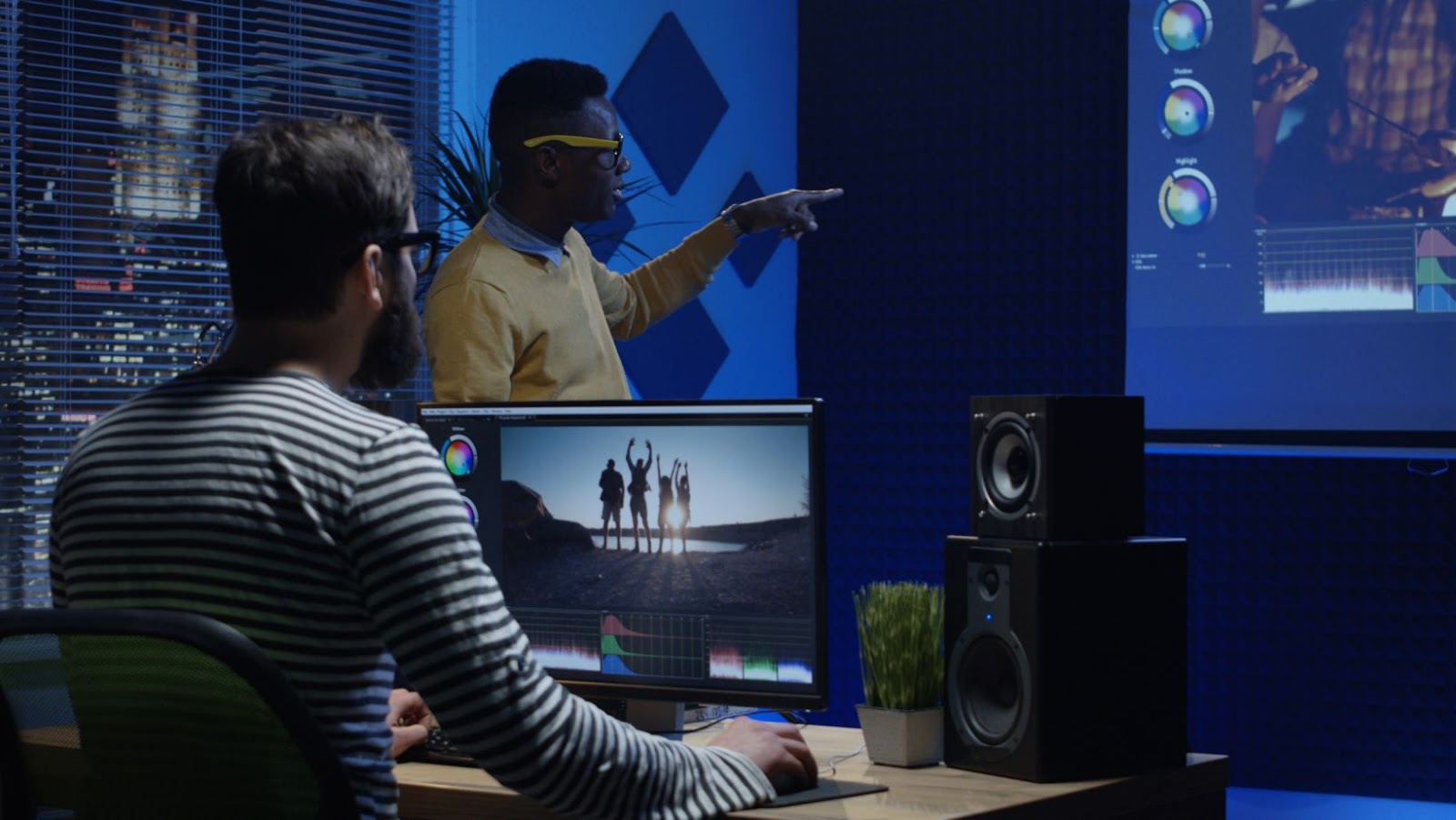
The attention span of audiences is getting smaller, and people want to be entertained or informed with little effort on their part. This has increased the use of videos over written content. The trend toward greater visual offerings has made the video editor an essential player in the marketplace.
Story Boarding
Your job starts with story boarding. This process records the project outline in a simple fashion as a step-by-step overview of each scene that everyone can follow. The camera crew will have shot a lot of extra film. You need to reduce this to align with the story board while capturing the right feel and flow.
Online Work
A big portion of the work done by video editors involves editing online material. Businesses are dependent on a website to communicate with their customers and need to have their videos edited. YouTube has tons of people creating videos that will benefit from your services.
A content creator will be an expert on their topic. However, they will not have the skills of a video editor who will include special effects, cut out the excess that doesn’t add to the video’s quality, and ensure viewer attention.

Gaining Experience
With each new job you land, you will learn more. These projects will also expand your portfolio, making it easy to get hired for more work as you prove your capabilities. The opportunities are out there; you just need to be available and commit to continuous learning.
Tools of the Trade
Stay up to date with technological advances and new techniques in your field. Improve your knowledge of film production. Learn as many video editing tools as possible. Become an expert at keyboard shortcuts so that you can work more efficiently.
There are numerous editing tools you can select from, including Avid Media Composer, Adobe Premiere Pro, Sony Vegas, Apple Final Cut Pro, Lightworks, Autodesk Smoke, and DaVinci Resolve. Make sure your chosen programs are compatible with your PC. Choose a computer that is designed for video editing, such as these Desktops for Video Editing. Make sure it has the right software and capability or that you can add graphic cards and RAM. It must also have a fast processor.

Essential Skills
You need to be able to see a project as a whole, how the scenes fit together and pay attention to the finer details. This requires precision and the ability to envision. Keeping the story board in mind, or the client’s brief, it is up to you to decide what to cut, and how to present the rest for maximum effect.
You need to be flexible and adaptable, as you will often work with large, diverse teams, production delays, and the unexpected. A video editor’s job is never boring. You must also be motivated and responsible as most of your work is done alone.
Creativity will help you to determine how to apply moving text in a visually appealing way without drawing attention away from the rest of the product. This will also come in handy when applying advanced special effects. Another skill required is photoshopping to edit out imperfections.
Video editing often requires animation. Virtually every graphic would have to be animated. This applies to text that travels from one side of the screen to the other too. Ideally, you should include a training course on 3D modelling, although a lot of your work will be in 2D. You need to be versatile with both.
A professional video stands out from an amateur one. This is because of the application of colour grading. It is used to elicit emotions from the audience. Hence, it may not follow true-to-life shades. Blended hues have an additional impact on viewers.
Video editing has been called an evergreen industry because it is likely to be around for the foreseeable future.







